OpenAI, short for Open Artificial Intelligence, is a cutting-edge research organization focused on developing and promoting Artificial General Intelligence (AGI), consisting of the brightest minds and engineers focused on creating AI solutions to improve the world.
Founded in December 2015, by Elon Musk, Sam Altman, Greg Brockman, Ilya Sutskever, John Schulman, and Wojciech Zaremba, who were determined to pursue AI’s full potential without worrying about short-term profitability.
The company was established in Silicon Valley and initially managed to secure large investments from tech tycoons, including Reid Hoffman, Peter Thiel, and Elon Musk, among others. The firm raised over one billion dollars in funds, making it one of the most well-endowed artificial intelligence companies in the world.
OpenAI set out to create groundbreaking AI solutions that could impact different areas of our lives, including language, gaming, finance, robotics, and more. The organization has made tremendous progress, and the research conducted by OpenAI has generated a lot of attention within the scientific community.
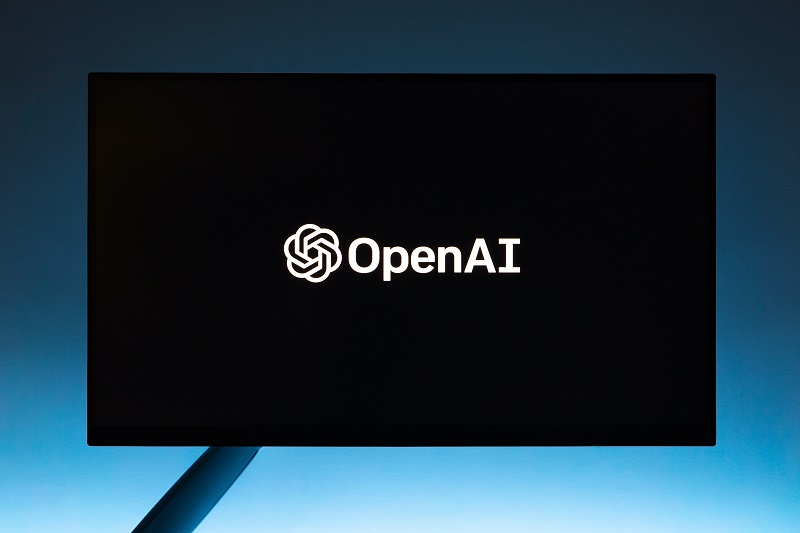
Table of Contents
The Beginning of OpenAI
Before Tesla CEO Elon Musk and Sam Altman decided to create OpenAI, there were several AI-related events that contributed to their thought process. They were concerned about artificial intelligence’s future and the effect it could have on humankind. Elon Musk, for instance, warned us in 2014 that AI has the potential to turn into “our biggest existential threat.” He considered that the technology was progressing at a quicker pace than expected and could wind out being too powerful to control.
As a result of these worries, Musk, Altman, and several other people got together and discussed the possibility of creating an organization that could closely monitor the progress of AI and ensure that it was heading in a direction that would benefit humanity.
Progress and Development of OpenAI
OpenAI has accomplished substantial progress in the development of sophisticated AI solutions. It has released a wide range of successful models that have helped to solve many fascinating tasks. One of the most popular successes was when OpenAI’s research team created GPT-3, a language model known for producing human-like text. The innovative features of this tool enabled large-scale text mastering and writing capabilities that could generate articles, responses to prompts, and even poetry.
OpenAI has also made significant contributions to the gaming industry. Their OpenAI Five is an artificial intelligence program that can play the online game Dota 2. To train the AI algorithm, OpenAI developed a game simulation model in which the program played against itself, allowing it to analyze and learn from previous games’ outcomes.
Another significant accomplishment is the development of an AI model that identified new antibiotics, which we need to treat bacterial infections caused by antibiotic-resistant organisms. OpenAI used a machine learning algorithm to scan vast databases of chemical compounds, leading to the discovery of promising antibiotic molecules.
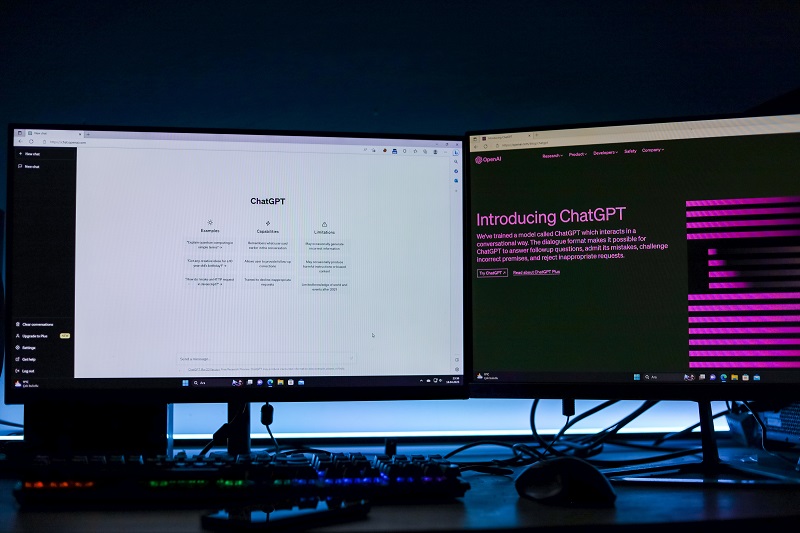
Operations of OpenAI
OpenAI’s primary aim is to create safe and beneficial artificial intelligence that would have a positive impact on society. The organization has an open-source policy, ensuring that everyone can use the algorithms and models for their desired applications without restrictions. By making sure that the technology is open, more researchers worldwide can work together, ultimately resulting in better-engineered solutions.
In past years, OpenAI exclusively operated on research projects with no revenue generated. However, that has changed more recently. The organization now has dedicated research teams and commercial sections that work together, developing more sophisticated solutions. From autonomous driving systems to natural language processing, OpenAI is actively working to put the new technology in use.
Growth and Partnerships
OpenAI’s growth can be attributed to its strategic partnerships with leading tech companies and research institutions. In 2019, OpenAI entered into a partnership with Microsoft, which made a significant investment in the organization. This partnership allowed OpenAI to leverage Microsoft’s expertise in cloud infrastructure, accelerating their research and development efforts.
Additionally, OpenAI has actively collaborated with academic institutions and researchers worldwide. By fostering a culture of collaboration and knowledge-sharing, OpenAI has been able to expand its research scope, tap into diverse expertise, and drive innovation in the field of AI.
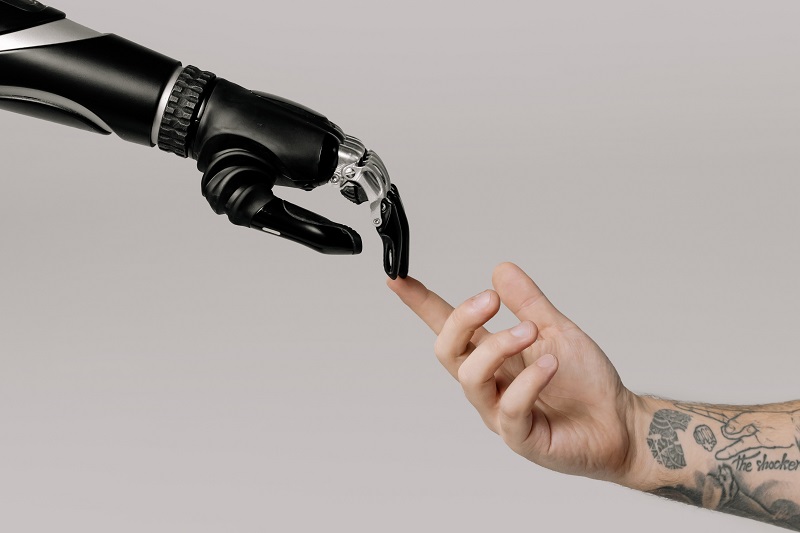
Integrating ChatGPT
ChatGPT, as a versatile language model, can be integrated into various tools and platforms to provide conversational AI capabilities. Here is a list of some notable tools and platforms that use ChatGPT or similar models:
- OpenAI ChatGPT API: OpenAI offers an API that allows developers to integrate ChatGPT into their applications, products, or services, enabling interactive and dynamic conversations.
- Chatbots: Several chatbot frameworks and platforms utilize language models like ChatGPT to power their conversational interfaces. These include:
- Dialogflow: Google’s conversational AI platform that incorporates natural language understanding and generation, used for building chatbots and virtual assistants.
- Rasa: An open-source framework for developing AI-powered chatbots and contextual assistants that can be integrated into various applications.
- Botpress: An open-source platform for building and managing chatbots, enabling developers to create conversational experiences using natural language understanding and generation.
- Microsoft Bot Framework: A framework for building intelligent bots that can be deployed on various messaging platforms, including Microsoft Teams, Facebook Messenger, and Slack.
- Customer Support Tools: Some customer support tools utilize chatbot capabilities powered by language models like ChatGPT to provide automated responses and assist customers. Examples include:
- Zendesk Chat: A live chat software that allows businesses to interact with customers in real-time, providing support and assistance.
- Intercom: A customer messaging platform that uses chatbots and automation to engage with website visitors, capture leads, and provide support.
- Virtual Assistants: Virtual assistants and smart speakers often incorporate natural language processing and generation capabilities powered by models like ChatGPT. Examples include:
- Amazon Alexa: The voice assistant developed by Amazon that can answer questions, provide information, control smart home devices, and perform various tasks.
- Google Assistant: The AI-powered virtual assistant developed by Google, available on smartphones, smart speakers, and other devices, capable of performing tasks and providing information.
- Apple Siri: The intelligent personal assistant for Apple devices that responds to voice commands, performs tasks, and provides information.
- Content Generation Platforms: Some platforms leverage language models like ChatGPT to generate content, such as articles, essays, and product descriptions. These platforms assist users in creating written content quickly and efficiently.
- ShortlyAI: An AI-powered writing tool that offers various writing assistance features, including content generation, summarization, and idea expansion.
- Copy.ai: A platform that utilizes AI to generate content for marketing, social media, and other written materials.
- ContentBot.ai: An AI-based content generation tool that provides assistance in writing blog posts, articles, and other types of written content.
It’s worth noting that this list is not exhaustive, as the integration of language models like ChatGPT continues to expand across various tools and platforms, empowering developers and users to create more interactive and intelligent conversational experiences.
Income and Profit
OpenAI is still heavily investing in R&D, and its research projects, so far, are bleeding money. However, the venture has attracted some significant investments, with the majority of the investment coming from Microsoft. In 2019, Microsoft invested around $1 billion in OpenAI, making it one of the biggest Tech investors. As of recent research, OpenAI was valued at around $15 billion, an astronomical value that can only be attributed to the anticipated massive growth along with investment.
OpenAI offers AI services and licenses its technologies to various businesses and organizations, enabling them to leverage the power of AI in their operations. GPT-3, for example, has been used by companies for content generation, customer support automation, and creative applications. These commercial applications provide a revenue stream for OpenAI, supporting further research and development.

Future Plans
OpenAI has invested significant time, resources, and money in its projects, and the organization is continuously seeking ways to expand its influence. According to OpenAI, the company’s goal is to create AI that is as intelligent as humans. Plans include developing more sophisticated machine learning algorithms that can comprehend and learn in ways that are comparable to human thought processes.
The long-term vision of the organization is to eventually develop general artificial intelligence, that can enhance and supplement human capabilities and integrate into our daily lives. While this ultimate goal may take years to achieve, it is considered the future destination, and OpenAI has positioned itself perfectly to deliver this dream.
Conclusion
OpenAI, despite being relatively young, has accomplished an enormous amount, constantly pushing the limits of AI engineering, investing in extensive research, and generating successful models. Their policy of open-source AI has created an environment of international collaboration, bringing minds together to push forward the frontier of machine learning solutions. The steadfast pursuit of the goal is to deliver an AI system capable of solving real-world problems and assisting in human progress. The future looks optimistic for OpenAI, and their growth trajectory shows an exceptional promise with the potential to transform humanity.
OpenAI also recognizes the importance of responsible AI development. The organization actively engages in policy advocacy, aiming to shape regulations and ensure that AGI development is aligned with societal values. OpenAI is committed to avoiding the concentration of power and emphasizes the need for broad distribution of benefits from AGI.
Read more posts on Business.
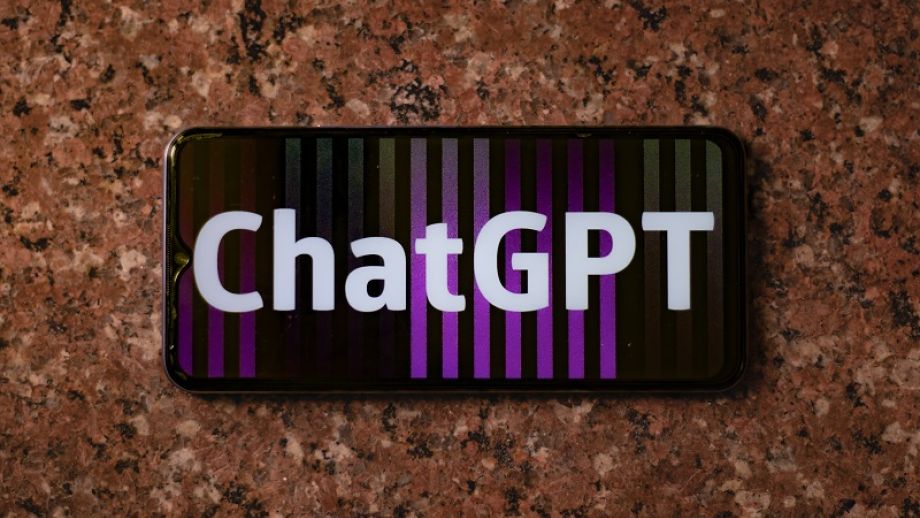






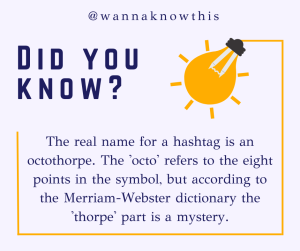
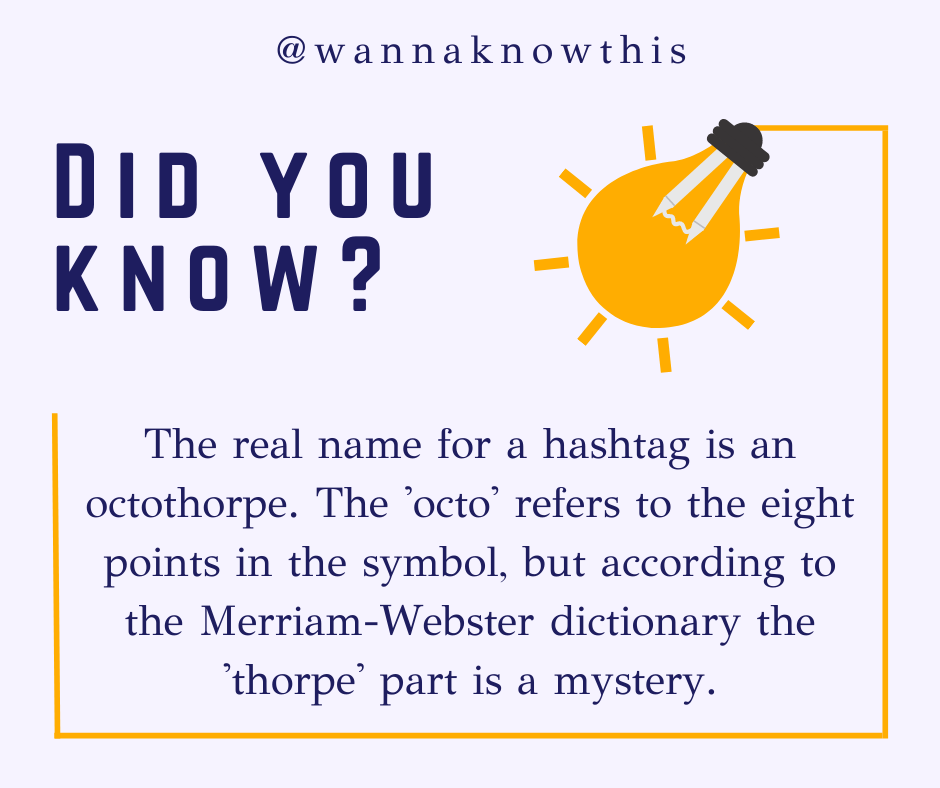
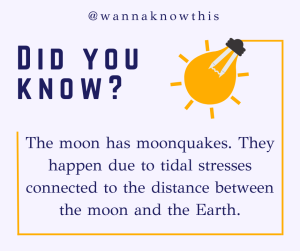
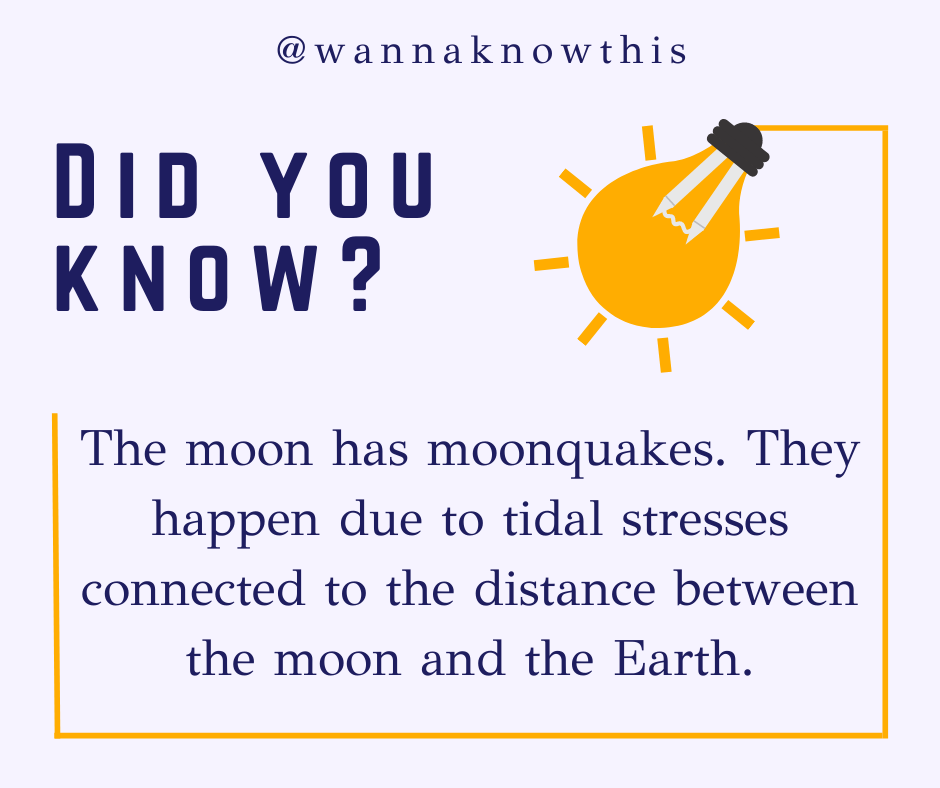








Leave a Reply